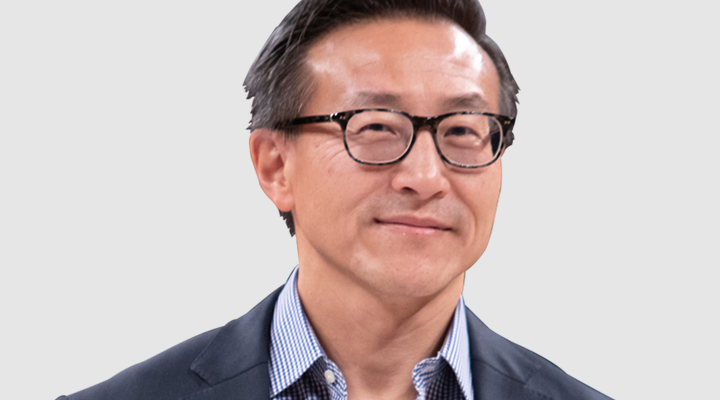Alibaba co-founder and chairman Joe Tsai recently sat down with Kam Shing Kwang, JP Morgan’s chairwoman of North Asia and vice chair of investment banking in Greater China, for a fireside chat at the 20th annual Global China Summit. In addition to discussing the e-commerce giant’s investment in GenAI and innovation, he also reflected on building a winning culture, evolving as a leader and how he stays mentally and physically fit. On building a winning culture In 2019, Tsai became the sol
ame the sole owner of the NBA’s Brooklyn Nets and the WNBA’s New York Liberty. On the surface, owning a professional basketball team doesn’t have much to do with running an online retail giant, but there are some interesting parallels.
“When people ask owners, ‘What do you want to do with a basketball team?’ There’s a difference between, ‘I want to win,’ versus, ‘I want to build a winning mentality and culture that’s sustainable.’ Those two are very different things,” he told Kwang in May.
“You could ruin your future by trading away all of your assets and just win now. But what I want to do with the Brooklyn Nets is to take a longer-term approach and build a sustainable, winning culture.”
On evolving as a leader
Tsai was one of the co-founders of Alibaba in 1999, alongside Jack Ma, Eddie Wu, Zhang Ying and several others, and has held various roles in the business over the past 25 years, including CFO.
“I was CFO of the company for 13 years. So my job was very much day-to-day. You have to look after not just investors, you have to look at accounting, tax, internal audit, and make sure that we have integrity in our numbers and have a well-established finance department that can handle all those things,” he said.
“Coming back in as chairman of the company, the job is very different. We as a group are doing the work of allocating resources. That’s not just money. It is also people. Who to put in which division to run which business. Once those decisions have been made, then you do everything, as senior management, to ensure that those resources can be met, and the needs can be met.
“If you appoint a CEO to a business unit, you want to make sure that their direct reports are good people. You want to establish incentive plans so that their personal financial situation can be tied to the performance of the company. You want to make sure that they have capital resources, so allocation of capital is important.”
However, he doesn’t see himself as setting the overarching strategy and steering the direction of the company.
“I think that’s too grandiose,” he said. “I say my job is to get out of people’s way. Let your CEOs, let your management team operate, and make day-to-day decisions. Because they’re on the front line, they’re closest to our users, they’re closest to our customers. They should be in the primary position to make those decisions rather than me.”
On prioritizing sleep over exercise
Like many successful leaders, Tsai is disciplined about his diet and exercise and switching off from work, but recently, he has come to appreciate the importance of getting a good night’s sleep. It wasn’t always this way.
“I used to prioritize exercise over sleep. So for example, you arrive at 6 am, you go to the gym. Now I prioritize sleep over exercise,” he said.
“There’s a book that I would recommend everybody to read. It’s called Why You Sleep. Basically, it says that 99 per cent of the people in the world need at least seven to eight hours of sleep. If you think you’re that 1 per cent, you’re not.”
While there are times when it feels more important to work than to sleep, Tsai urged other leaders to put their health first.
“I still remember, six months before our IPO in 2014, I slept three or four hours a day for six months. That’s not the way to live,” he said.
A recording of this interview was first published by Alizila and has been reproduced with permission.

